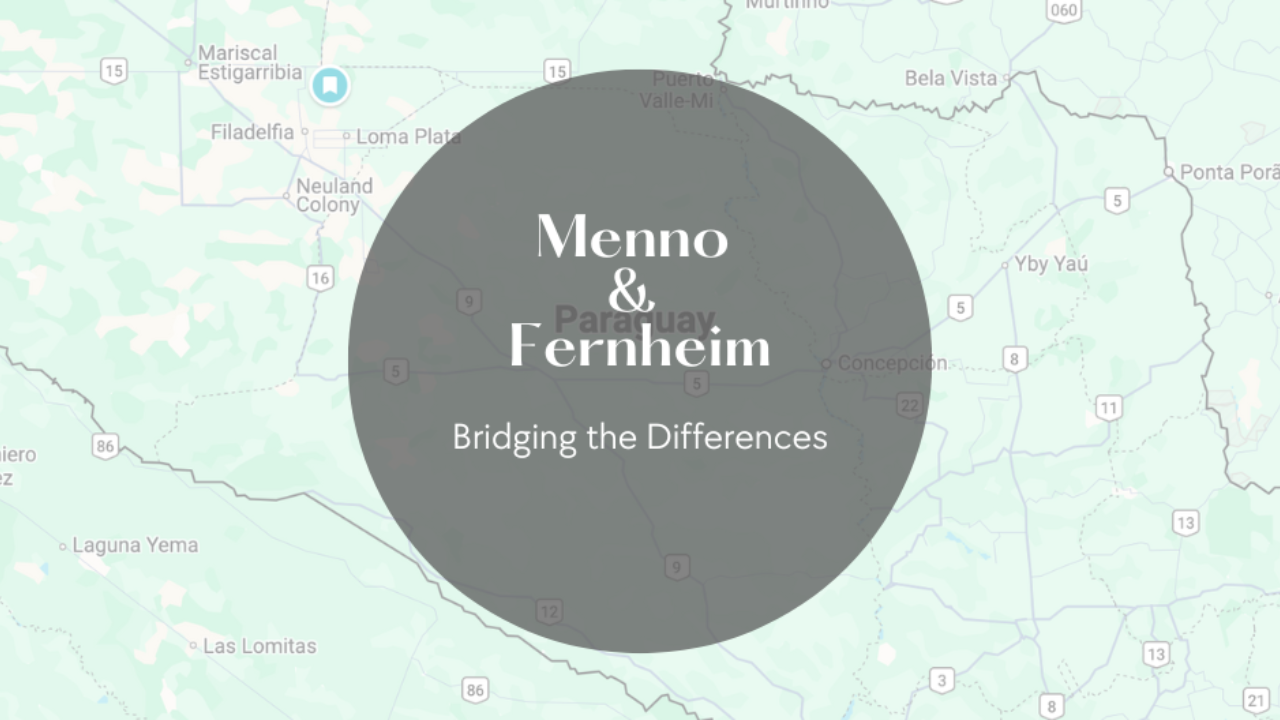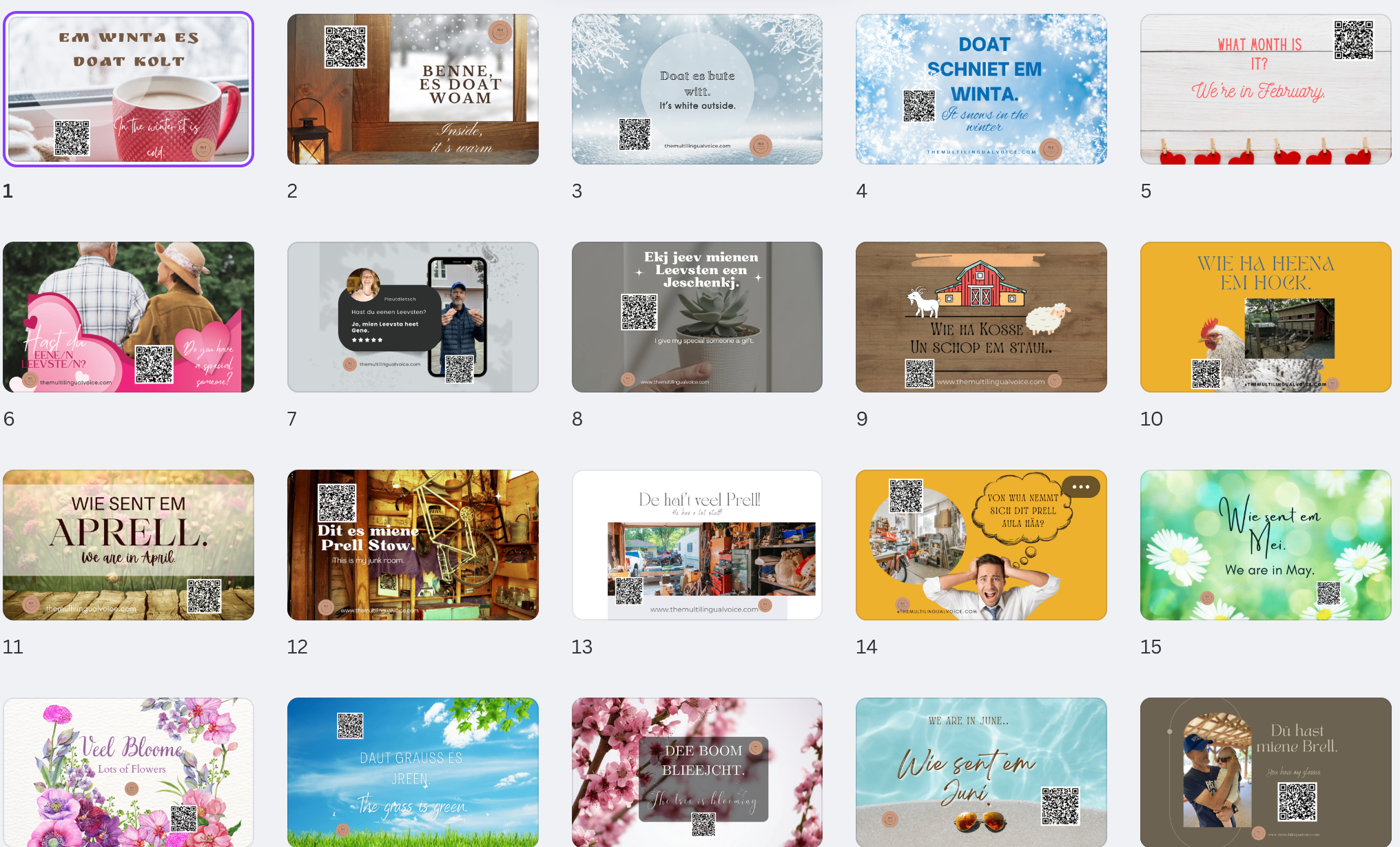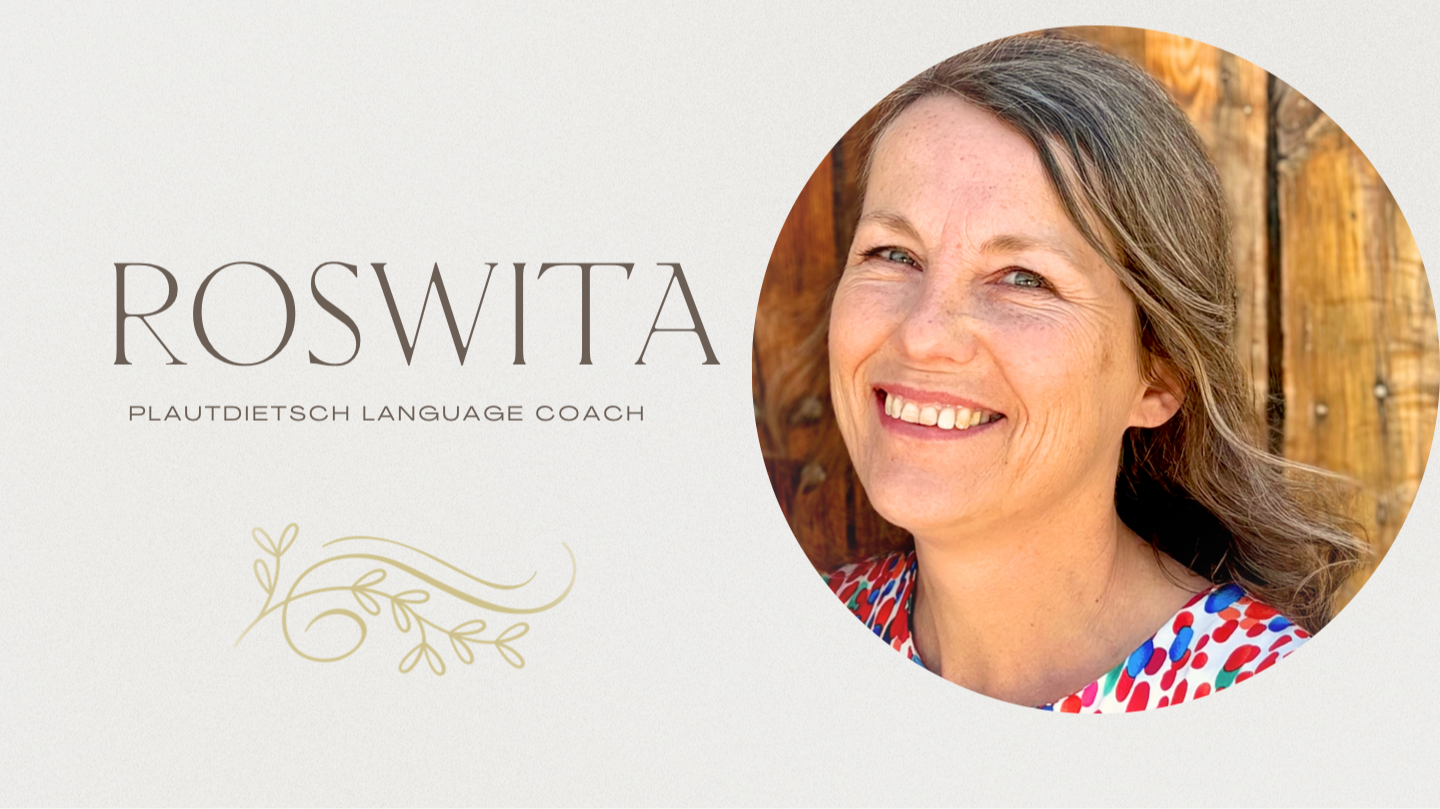ELL - A Compensation Strategy

Do you remember hearing ‘just guess’ when solving a riddle? Guessing is a great strategy to use on assessments when you just don’t know the answer. This strategy comes in handy for Everyday Language Learners. Read on to learn how you can guess your way to comprehension!
Using linguistic clues to get the gist of what someone is talking about in the target language is what linguists call a compensation strategy. Naturally, our brains want to go into ‘yikes’ mode when learning a new language.
After we’ve learned some basic vocabulary, it’s good to push ourselves into a context where the target language is predominantly spoken. This might be in a lecture, a TV show, a church, or full immersion in the native language. After a few minutes of trying to understand what is being said, you'll probably feel overwhelmed. This is normal, even though your brain says, ‘Get me out of here.’
This strategy aims to hear patterns of things said and to possibly pick up a word or two that sound familiar. This will be easiest if the context is familiar in your native language. Going to an open-air market might not be as familiar as a small group setting. In a church setting, for example, you will expect the context to revolve around God.
Try building stamina by sticking with it for 15 minutes at first, and gradually build your stamina to last in the context of the target language for an hour. Taking notes of words or phrases you recognize will help you reflect afterward to clarify and find the meaning of the lecture or conversation.
The other clue you want to tap into is the unspoken communication of gestures and tone of voice. Keeping with the context of a church, you’ll want to notice the tone of voice. Is it rising when they speak the name of God? If so, are they pleading for something? If you hear the word ‘hallelujah,’ they are probably praising God for something he has done for them.
As you begin putting yourself in these situations where there is limited understanding of the target language, you will feel like your head is about to explode. At first, this can be very tiring, but as you build your stamina, you will be surprised at how much you comprehend with a limited understanding of vocabulary.
Mistakes will happen, but we all know that mistakes get us to learn the correct way to do it. Sometimes, it's not always the best to learn through mistakes, but we’re not flying a space shuttle. We’re learning a language. Mistakes in language learning are unavoidable. Anyone who has learned a new language will have a great story to tell of how words were confused, and meaning was altered to something opposite than intended.
What was this like for us learning a new language?
During the 6 years we lived in Russia in the late ’90s, we dedicated 2 years to learning the language. As Gene and I reflected on how we used the compensation strategy, we realized that Gene used it quite a lot as he learned the language.
Learning in a classroom setting only went so far for Gene. He would try to do his homework at home, only to find himself asleep at his desk. Learning the grammatical patterns of the language was important. However, getting out and interacting with people was what kept him motivated.
Gene would frequent the market and try to buy things on his own early on in his language learning. In the open-air market, he would find the people who were selling things that were familiar to him. One of these vendors sold automotive parts. Gene would show interest in wanting to buy something and, naturally, strike up a conversation that he had no clue how to engage in. This is where the compensation strategy came in quite helpful.
Gene remembers everything sounding like gibberish. He understood very little, but since everyone was eager to sell him something, they kept talking. By guessing what people were saying based on the context, he could make sense of some of it.
Eventually, he noticed that he was speaking phrases that his brain had picked up somewhere, and he could communicate at a higher level. As this practice continued, he soon had various vendors cheering him on and coaching him in adding phrases to his language practice.
To be able to use the compensation strategy of guessing, everyday language learners have to be willing to laugh at themselves as they bolding put themselves out there to guess the meaning of what is being said. It’s NOT about PERFECTION, IT’S ALL ABOUT THE PROCESS.
The Language Learning Guide
Get the FREE resource to boost your language learning efforts.
If you are wanting to learn a new language for a specific situation and you just can’t find the program to meet that need, I’ve created a guide with strategies and tools to create phrases that resonate with your context.
We hate SPAM. We will never sell your information, for any reason.




